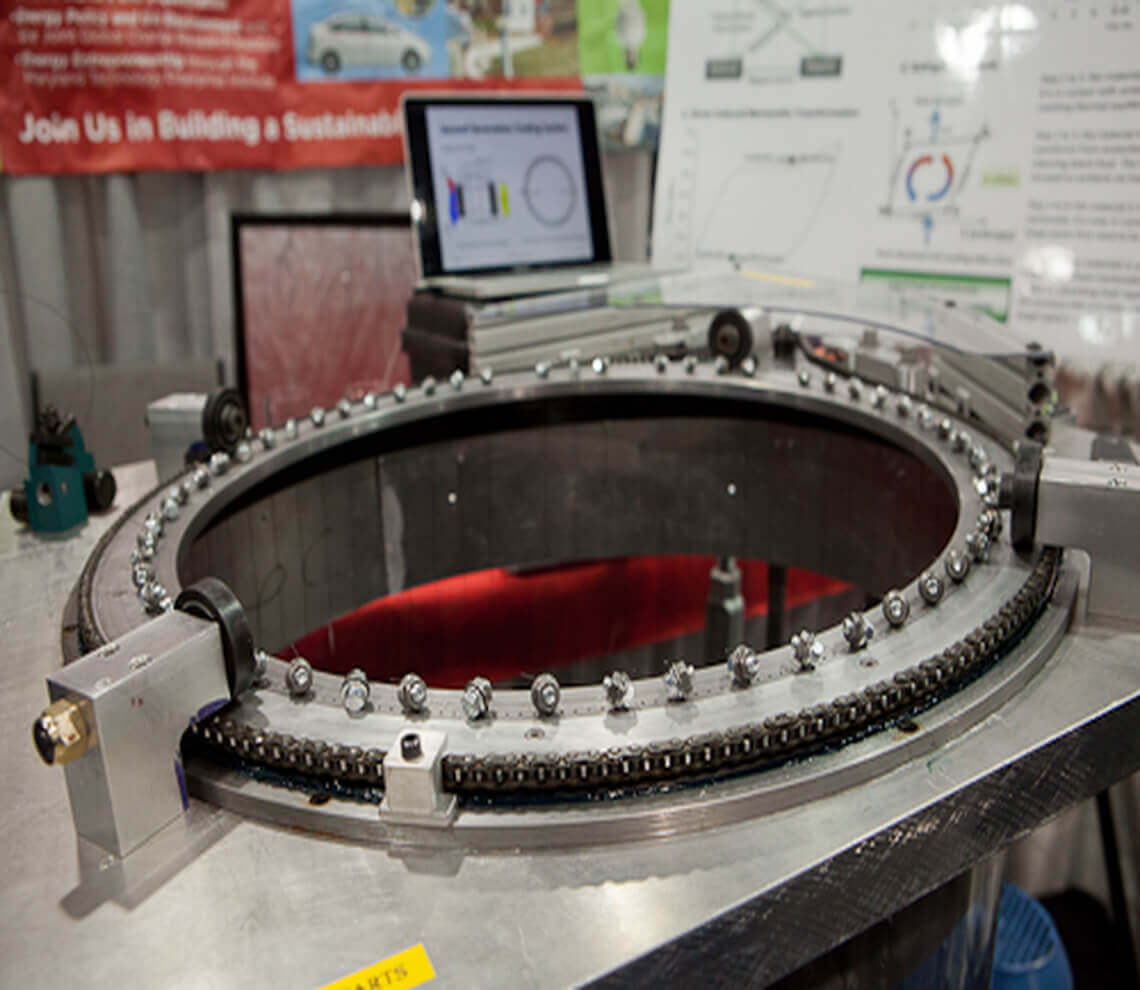- Our Suppliers
- MBS Monoclonals
- Mouse Anti-Human MMP-9-HRP
Product short description
Price:
492 EUR
Size:
1 mililiter
Catalog no.:
GEN670155
Product detailed description
Purification method
N/A
Concentration
N/A
Also known as
MMP-9
Clone
SB15c
Category
Antibodies
Clonality
Monoclonal
Immunoglobulin isotype
Mouse IgG2a
Latin name
Mus musculus
Conjugation
HRP Conjugated
Host organism
Mouse (Mus musculus)
Subcategory
Mnoclonal antibodies
Tested applications:
ELISA; Immunohistochemistry_PES
Form/Appearance
Horseradish Peroxidase (HRP) Conjugate
Other gene names
MMP9; MMP9; GELB; CLG4B; MMP-9; MANDP2; CLG4B
Gene name synonims
MMP9; MMP9; GELB; CLG4B; MMP-9; MANDP2; CLG4B
Gene name
MMP9; MMP9; GELB; CLG4B; MMP-9; MANDP2; CLG4B
Description
This antibody needs to be stored at + 4°C in a fridge short term in a concentrated dilution. Freeze thaw will destroy a percentage in every cycle and should be avoided.
Species reactivity
Human (Homo sapiens); Due to limited knowledge and inability for testing each and every species, the reactivity of the antibody may extend to other species which are not listed hereby.
Other names
matrix metalloproteinase-9 preproprotein; Matrix metalloproteinase-9; matrix metalloproteinase-9; 92 kDa gelatinase; OTTHUMP00000031674; type V collagenase; macrophage gelatinase; 92 kDa type IV collagenase; matrix metalloproteinase 9 (gelatinase B, 92kDa gelatinase, 92kDa type IV collagenase); matrix metallopeptidase 9 (gelatinase B, 92kDa gelatinase, 92kDa type IV collagenase); 92 kDa gelatinase; 92 kDa type IV collagenase; Gelatinase B
Test
MBS Monoclonals supplies antibodies that are for research of human proteins.Mouse or mice from the Mus musculus species are used for production of mouse monoclonal antibodies or mabs and as research model for humans in your lab. Mouse are mature after 40 days for females and 55 days for males. The female mice are pregnant only 20 days and can give birth to 10 litters of 6-8 mice a year. Transgenic, knock-out, congenic and inbread strains are known for C57BL/6, A/J, BALB/c, SCID while the CD-1 is outbred as strain.
Storage and shipping
The purified antibody (UNLB) is supplied as 0.1 mg purified immunoglobulin in 0.2 mL of 100 mM borate buffered saline, pH 8.2. No preservatives or amine-containing buffer salts added. Store at 2- 8 degree C. The horseradish peroxidase (HRP) conjugate is supplied as 1.0 mL of stock solution in 50% glycerol/50% PBS, pH 7.4. No preservative added. Store the antibody ats should be kept in the range of 1-7 degrees Celsius. or long-term the antibody should be stored at -20 degrees Celsius.. Reagents are stable for the period shown on the label if stored as directed.
Properties
HRP conjugates are often primary rabbit polyclonal antibodies couples to the enzyme horseradish peroxidase (HRP), found in the roots of horseradish. Also monoclonal HRP conjugates are often used for Western Blot.Human proteins, cDNA and human recombinants are used in human reactive ELISA kits and to produce anti-human mono and polyclonal antibodies. Modern humans (Homo sapiens, primarily ssp. Homo sapiens sapiens). Depending on the epitopes used human ELISA kits can be cross reactive to many other species. Mainly analyzed are human serum, plasma, urine, saliva, human cell culture supernatants and biological samples.
Specificity and cross-reactivity
Human MMP-9; Does not cross react to human MMP-1, MMP-2 or MMP-3 Matrix metalloproteinases (MMPs) are a family of at least 20 structurally related, zinc-containing enzymes that have the ability to breakdown connective tissue. MMP-9 is also known as gelatinase B and 92kDa gelatinase. MMP-9, along with MMP-2, belongs to the gelatinase group of MMP's which have three repeats of a type II fibronectin domain inserted in the catalytic domain. MMP-9 has shown direct and indirect substrate specificity to collagens IV, V, X and XIV, gelatin, elastin, proteoglycans, plasminogen, aggrecan, galectin-3, entactin, fibrillin, fibrin, IL-1 beta, amyloid beta peptide and myelin basic protein. 1-15; Since it is not possible to test each and every species our knowledge on the corss reactivity of the antibodies is limited. This particular antibody might cross react with speacies outside of the listed ones.
© Copyright 2016-Tech News . Design by: uiCookies

